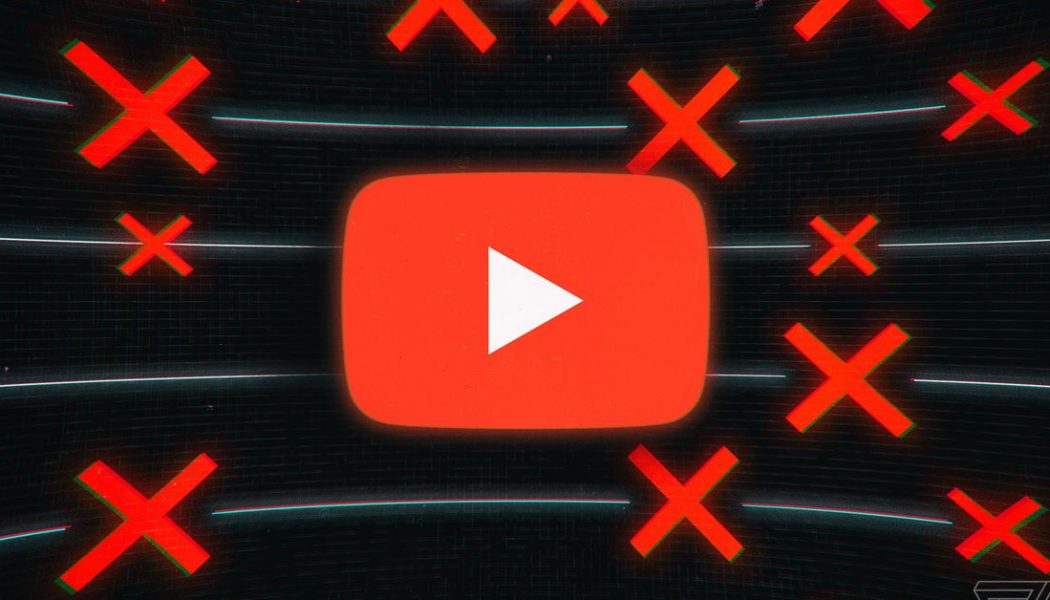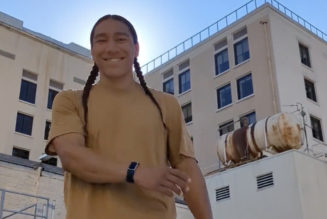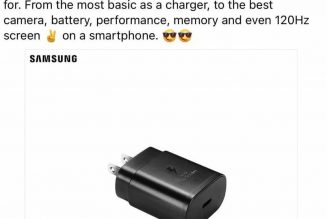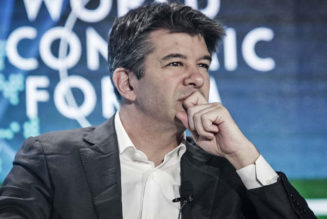
YouTube says a video claiming President Donald Trump won the election does not violate any of its policies and has allowed it to stay on the platform, despite the election not being called by major news outlets for either candidate yet. The decision stands in contrast to Twitter and Facebook’s more aggressive attempts to clamp down on misleading claims and misinformation over election results.
The video, titled “Trump Won. MSM hopes you don’t believe your eyes,” was published by pro-Trump network One American News Network (OANN) on Wednesday. YouTube says the video violates its advertising guidelines but not its content policies, so it can stay online but will run without ads, the company confirmed to The Verge. The story was first reported by CNBC.
In the video, an OANN anchor says Trump won another term, baselessly claims that Trump would win a number of swing states if it weren’t for voter fraud, and then equates counting outstanding mail-in ballots with an attempt to steal the election. Despite this information being incorrect, the video doesn’t cross the line on YouTube.
YouTube’s current policies regarding misinformation and the election pertain to content “aiming to mislead voters about the time, place, means or eligibility requirements for voting, or false claims that could materially discourage voting,” according to a company spokesperson. YouTube took down several livestreams related to the election between yesterday and today for violating its spam policies, according to the company, although Bloomberg reporter Mark Bergen has tracked instances where misleading content has managed to appear on the site via livestreams.
A panel appears below the OANN video stating that election results “may not be final,” with a link to Google’s main search page that shows updated election coverage. “All search results and videos about this election — including this video — surface an information panel noting that election results may not be final and we are continuing to raise up authoritative content in search results and recommendations,” the spokesperson added.
YouTube also has a policy that says creators or organizations can not use “thumbnails, description, or tags to trick users into believing the content is something it is not,” but declined to tell The Verge why this video is allowed to remain up if Trump, in fact, hadn’t won the election at the time the video was posted.
Instead, YouTube has removed ads from the specific OANN video. The company does not allow ads to run on videos undermining election confidence through demonstrably false information. Since the election has not been called at this time, the video is in violation of YouTube’s advertising policy. YouTube has routinely in the past kept borderline content (videos that YouTube doesn’t promote, but won’t take down as they don’t violate any policies) on its platform but removed the ability for creators and organizations to monetize said content.
While YouTube is known for its confusing policies, its handling of election misinformation looks even worse against the backdrop of Twitter and Facebook’s more aggressive actions.
Facebook removed a specific feature within Instagram’s hashtags to try and slow down the spread of misinformation that could result in voter suppression, according to the New York Times. The company has also turned off political group recommendations for similar reasons. On election day, Facebook also added a notification at the top of people’s news feeds to try and prevent users seeing false claims that one party won the election prematurely. Facebook relied on verified news results from publications like Reuters and the Associated Press. As election results come in, Facebook has also labeled false claims from parties that they’ve won specific states.
Twitter has aggressively labeled tweets from people, including President Trump, falsely claiming that mail-in voting has led to inaccurate results. False claims about winning specific states and the election at large have also been amended with warning labels saying that final results have yet to be counted and the election is not over.
YouTube claims that it’s also doing its part through information boxes that relate back to Google search results, which also relies on authoritative voices like Reuters and the Associated Press. It just won’t remove this one specific OANN video claiming that Trump won the election.









